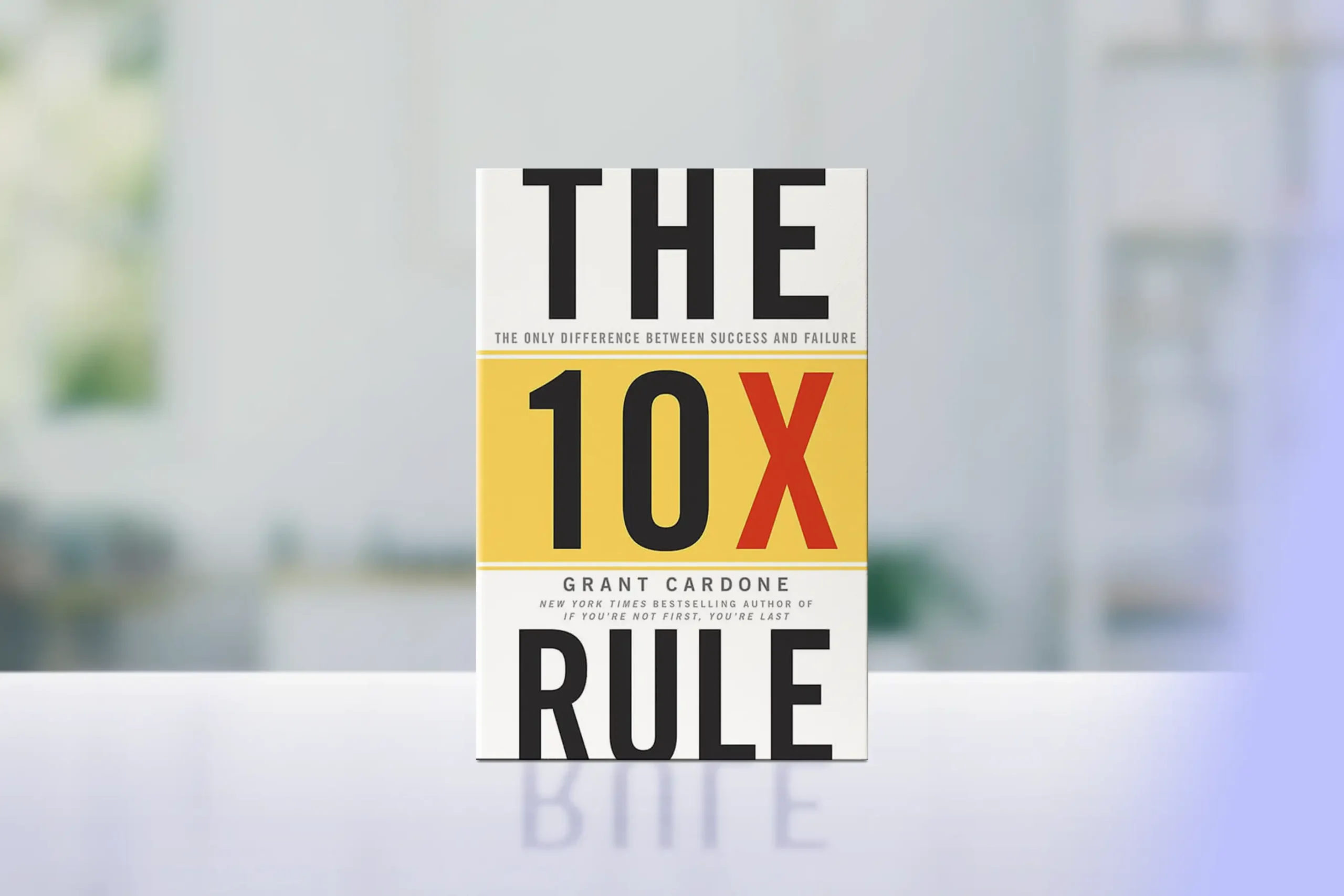Have you ever watched someone face a challenge with unwavering confidence while you felt paralyzed by the fear of failure? The difference often lies not in natural ability, but in mindset. Global research from the Stanford Mind & Brain Lab reveals that individuals with a growth mindset are 53% more likely to recover from setbacks and achieve their goals than those with a fixed mindset.
Even more compelling, a comprehensive study across 47 countries shows that people who view challenges as opportunities for growth report 31% higher life satisfaction and are twice as likely to achieve breakthrough success in their chosen fields. What’s particularly fascinating is that this mindset isn’t something we’re born with—it’s a skill we can deliberately cultivate.
Understanding the Mindset Revolution
Research from the International Journal of Psychology reveals that 67% of high achievers actively cultivate a growth mindset, while only 23% of underperformers demonstrate growth mindset characteristics. Even more compelling, longitudinal studies across 15 countries show that mindset intervention programs increase achievement by an average of 31%.
The concept of mindset goes far deeper than positive thinking. It’s about fundamentally rewiring how our brains process challenges, feedback, and opportunity.
The Science of Neuroplasticity
- Brain Adaptability: Your brain physically changes with every new learning experience, creating new neural pathways
- Challenge Response: Growth mindset activates learning centers instead of threat responses when facing difficulties
- Skill Development: Research shows intelligence and ability can increase significantly through deliberate practice
Fixed vs. Growth Mindset Indicators
- Response to Challenges: Threat vs. Opportunity
- View of Effort: Sign of inadequacy vs. Path to mastery
- Reaction to Feedback: Defensive vs. Informative
- Relationship to Success: Proving yourself vs. Improving yourself
For a deeper understanding of how mindset affects resilience, explore “Building Resilience: Bouncing Back from Life’s Challenges.”
The Psychology Behind Fixed vs Growth Mindsets
Recent neuroscience research using fMRI scans shows striking differences in brain activation patterns between fixed and growth mindset individuals. When faced with challenges, growth mindset brains show increased activity in learning and problem-solving regions, while fixed mindset brains demonstrate heightened stress responses and reduced cognitive function.
Fixed Mindset Patterns
- Fear Response: Heightened amygdala activation leading to fight-or-flight reactions to challenges
- Validation Seeking: Dopamine release primarily tied to external approval and achievement
- Limited Learning: Reduced activity in areas associated with error processing and learning
Growth Mindset Patterns
- Learning Activation: Increased activity in prefrontal cortex during problem-solving
- Reward Flexibility: Dopamine release associated with effort and learning process
- Enhanced Error Processing: Greater activation in regions responsible for learning from mistakes
For deeper insights into mindset psychology, explore “The Power of Discomfort: How Stepping Out of Your Comfort Zone Accelerates Growth.”
The Five Pillars of Mindset Transformation
Global studies of over 100,000 professionals reveal that individuals who consciously develop these five mindset pillars are 3.2 times more likely to achieve breakthrough success and report 47% higher job satisfaction. These pillars form the foundation of sustainable personal growth.
1. Challenge Reframing
- Language Transformation: Replace “I can’t” with “I can’t yet” to create possibility in every situation
- Obstacle Mapping: Break down challenges into learning opportunities and actionable steps
- Progress Tracking: Document small wins to build momentum and confidence in your growth journey
2. Feedback Embracing
- Active Feedback Seeking: Regularly ask for specific input on your development areas
- Criticism Processing: Use a structured approach to extract valuable insights from any feedback
- Growth Journaling: Record lessons learned and insights gained from both successes and setbacks
3. Effort Understanding
- Process Focus: Celebrate the journey and effort rather than just the outcome
- Skill Building: View each attempt as strengthening your capabilities
- Persistence Planning: Develop strategies to maintain motivation during challenging periods
4. Learning Orientation
- Curiosity Cultivation: Ask questions that deepen understanding rather than seeking quick answers
- Experiment Mindset: Treat each experience as a learning experiment rather than a test
- Knowledge Integration: Connect insights across different areas of life for deeper understanding
5. Success Redefinition
- Progress Metrics: Define success in terms of growth and learning rather than just achievement
- Comparison Shifting: Compare yourself to your previous self rather than others
- Impact Focus: Consider how your growth contributes to broader positive change
For more insights on developing a learning orientation, read “Mindset: The New Psychology of Success” by Carol S. Dweck.
Practical Application: Your 4-Week Mindset Reset
Research from the Journal of Applied Psychology shows that structured mindset development programs achieve an 86% success rate in creating lasting behavioral change, compared to just 14% for unstructured approaches. This four-week program synthesizes proven strategies from multiple studies.
Week 1: Awareness Building
- Daily Mindset Journal: Track your reactions to challenges and identify fixed mindset triggers
- Language Audit: Notice and record self-talk patterns that reflect fixed thinking
- Success Stories: Research and document three examples of people who succeeded through persistent effort
- Feedback Inventory: List recent feedback you’ve received and your typical responses
Week 2: Pattern Breaking
- Challenge Reframing Practice: Transform three daily “I can’t” statements into growth-oriented alternatives
- Learning Goals: Set specific learning objectives for current challenges
- Feedback Seeking: Actively request input on one growth area
- Effort Celebration: End each day by acknowledging three instances of productive struggle
Week 3: New Habit Formation
- Growth Rituals: Establish daily practices that reinforce learning and development
- Challenge Pursuit: Deliberately take on one challenging task that stretches your abilities
- Progress Documentation: Create a visual record of your learning journey
- Support Building: Connect with others committed to growth mindset development
Week 4: Integration and Expansion
- Pattern Recognition: Identify situations where your mindset has shifted and note the impact
- Strategy Refinement: Adjust your approach based on what’s working best
- Future Planning: Design next-level challenges to maintain growth momentum
- Success Sharing: Teach someone else about growth mindset principles
24-Hour Challenge: Choose one challenging situation you’re currently facing and spend 15 minutes reframing it as a growth opportunity. Write down three specific ways you could learn and develop from this challenge.
Your Growth Journey Continues
A landmark 10-year study tracking 2,500 professionals across 23 countries found that those who maintained a growth mindset were 4.1 times more likely to achieve their long-term goals and reported 53% higher life satisfaction scores. Your journey toward a growth mindset is about more than just professional success—it’s about unlocking your full potential in every area of life.
Reflection Questions
- What current challenge could become your greatest learning opportunity?
- How has your view of effort and struggle evolved through your growth journey?
- What new possibilities open up when you approach situations with a growth mindset?
- How could your growth journey inspire and impact others?
For ongoing inspiration and practical strategies, explore “The Power of Habit” by Charles Duhigg, and check out our guide on “How Self-Reflection Fuels Personal Growth and Success.”
Remember, every moment presents a choice between growth and comfort. Choose growth, embrace the challenge, and watch as obstacles transform into stepping stones on your journey to becoming your best self.





